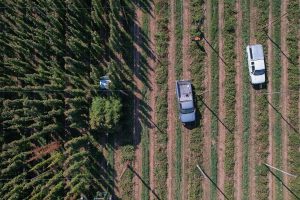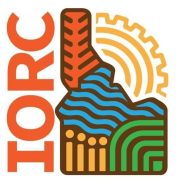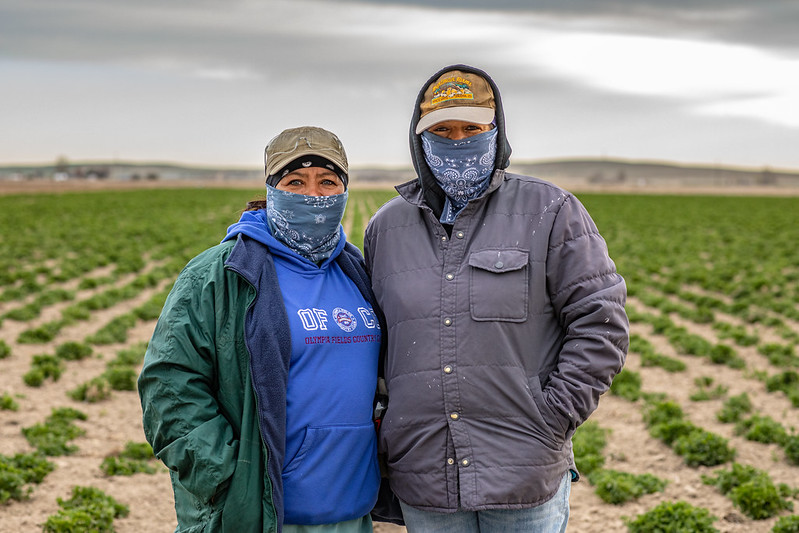Farmworkers are one of the populations most vulnerable to climate change. In addition to disproportionate exposure to climate-intensified hazards such as extreme heat and wildfire smoke, many farmworkers face situational and psychosocial stressors that also impact their health. Interviews were conducted with 16 farmworkers in Southcentral Idaho during June-August 2023 as part of a digital storytelling project in partnership with the Idaho Organization of Resource Councils (IORC). Read report here.
Highlights:
• Interviews with farmworkers about experiences with heat and climate change.
• Symptoms of heat included dizziness, headache, fainting, wanting to vomit.
• Insufficient duration and frequency of paid breaks…

A recent research report in collaboration between Boise State University and IORC has revealed troubling findings: many Latinx farmworkers in Idaho have traces of various pesticides in their urine samples. This alarming discovery highlights significant barriers to protecting farmworkers from pesticide exposure. This summary reflects research conducted April-July 2022.

This report summarizes state local food legislation related to local production, marketing, sales and consumption proposed and either passed or defeated between 2005 and 2016 in WORC states: Colorado, South Dakota, North Dakota, Wyoming, Montana, Oregon and Idaho. This summary may not be comprehensive in all states as it does not include state appropriations bills in detail. State policy often change quickly; this summary reflects research conducted in July 2016.

